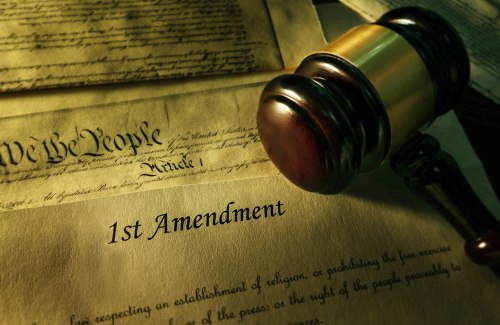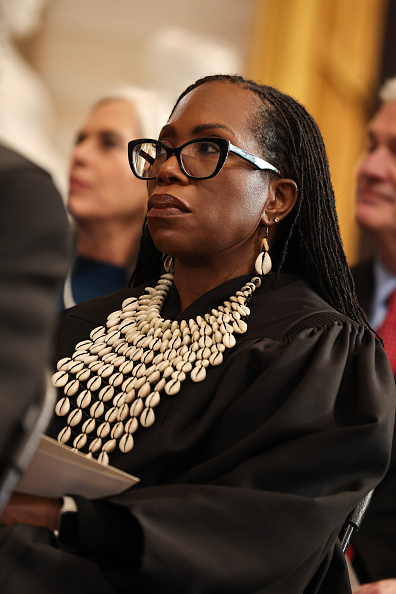Sex offender's quest for 'Better Off Dead' name change bites the dust in appeals court

Image from Shutterstock.com.
A man who was civilly committed as a sexually dangerous person can’t change his name to “Better Off Dead,” the Minnesota Court of Appeals has ruled.
The appeals court upheld a judge’s findings that Hollis John Larson’s name change was misleading and confusing, and there was no violation of his First Amendment rights. The Volokh Conspiracy has highlights from the Dec. 30 opinion.
Hollis’ civil commitment began in 2008 and continues for an indeterminate period. He claims that he has a right to change his name under constitutional guarantees of freedom of speech and religion.
Hollis says his religious beliefs involve Hinduism, Taoism, Buddhism and Agnosticism. He believes that the only way to escape the cycle of birth, life, death and rebirth is by being and remaining dead.
He also argues that the name change would be the best way for him to communicate his life philosophy to society.
The appeals court said the district court did not abuse its discretion when it concluded that a name change to a common expression has the potential to be misleading and confusing. Hollis had disagreed, arguing that he has no intent to defraud or mislead, and his new and old names would be inextricably linked in documents maintained by the state.
The appeals court said it is not convinced that Hollis would identify himself by both his old and new names going forward, and the district court apparently thought public safety would be burdened.
The appeals court also rejected Hollis’ religious argument, noting the district court finding that “Better Off Dead” does not have a known connection to any particular faith or belief. The district judge apparently found that Hollis was not credible, and that his religious belief was not sincerely held, the appeals court said.
The appeals court also rejected the free speech argument. Hollis “failed to provide specific authority regarding the free speech right to change one’s name under these circumstances, and there appears to be none,” the appeals court said.
Write a letter to the editor, share a story tip or update, or report an error.


